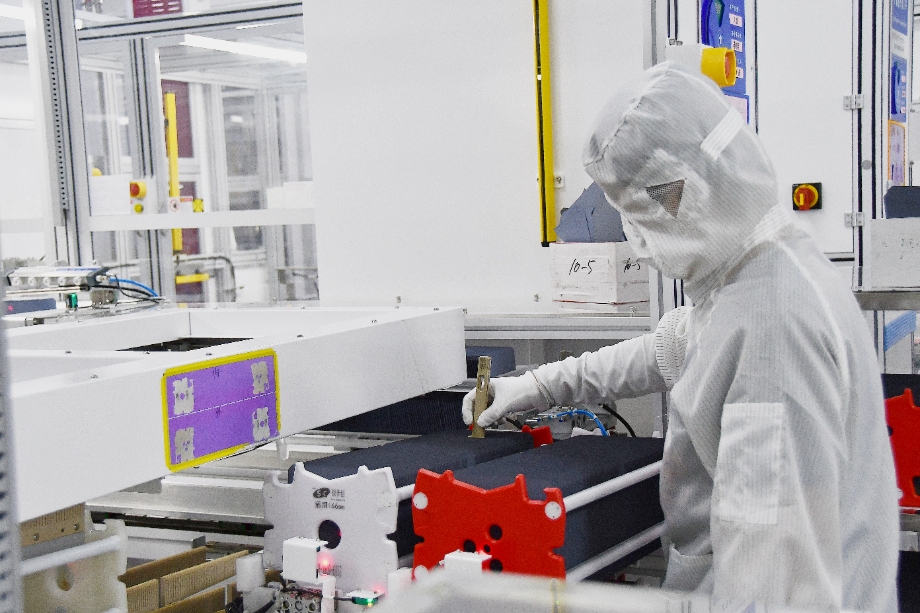N-Type Solar Panels Vs. P-Type Solar Panels
Solar energy is a popular alternative to reliance on fossil fuels, offering a sustainable way to reduce one’s carbon footprint and lower energy bills. If you’re considering investing in a solar energy system for your home or business, you’ll want a basic understanding of how these panels work and which types will fit your needs best.
There are two basic types of solar panels: N-type and P-type. Both panels are designed differently, with differences in availability, efficiency, and cost-effectiveness. We’ll go over an in-depth comparison of N-type solar panels and P-type solar panels to help you decide which ones are best suited for your needs.

What Are N-Type Solar Panels?
N-type solar panels use solar cells made from N-type silicon that have been doped in elements like phosphorous or arsenic, creating a negative charge. While P-type solar panels have historically been the more popular choice in the solar industry, N-type panels have begun to rise in popularity for being more energy efficient and durable.
Here are a few of the top advantages of N-type solar panels:
●They experience less degradation over time.
●They last longer.
●They generate more energy per square meter.
●They are better at withstanding high temperatures.
With that being said, there are a couple of disadvantages of N-type solar panels, including:
●They cost more than P-type panels.
●They aren’t as widely available.
What Are P-Type Solar Panels?
N-type solar panels use solar cells made from P-type silicon that have been doped in elements like boron or gallium, creating a positive charge. P-type panels have been primarily used in the solar industry ever since the space industry was first researching photovoltaics in the 1950s.
Here are a few of the top advantages of P-type solar panels:
●They’re cheaper to produce than N-type panels.
●They have been around for years, so they’re more readily available to purchase.
●They have better resistance to radiation.
●They perform reliably under normal conditions.
As the increase in popularity of N-type panels suggests, there are a few drawbacks associated with P-type panels:
●They’re not as efficient as N-type panels.
●They are more prone to light-induced degradation.
How To Choose Between N-Type Vs P-Type Solar Panels
Investing in a new solar energy system is going to come with a high price tag no matter what. If you’re a homeowner with limited resources looking to lower your energy bill, you may want to go for P-type solar panels to reduce the initial price tag. If you have capital to spare and you’re looking to rack in savings over a number of years, then N-type solar panels may well be worth the investment.
Whether you choose N-type or P-type solar panels, it’s important to source your solar energy system from a superior, trustworthy manufacturer. Lu’an Solar has over 15 years of experience in photovoltaic manufacturing, delivering high-quality N-type Solar Panels and P-Type Solar Panels to countless satisfied customers. Visit us today to browse through our selection of solar panels and find the right panels for your new solar energy system.

















